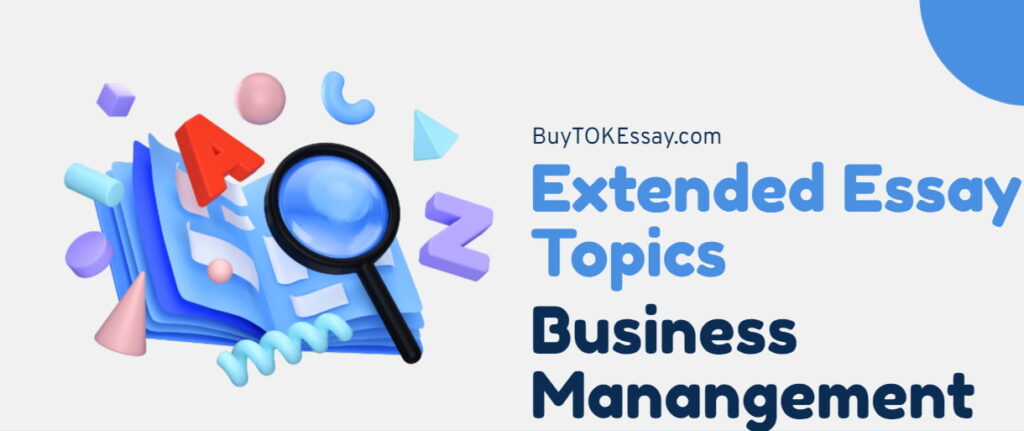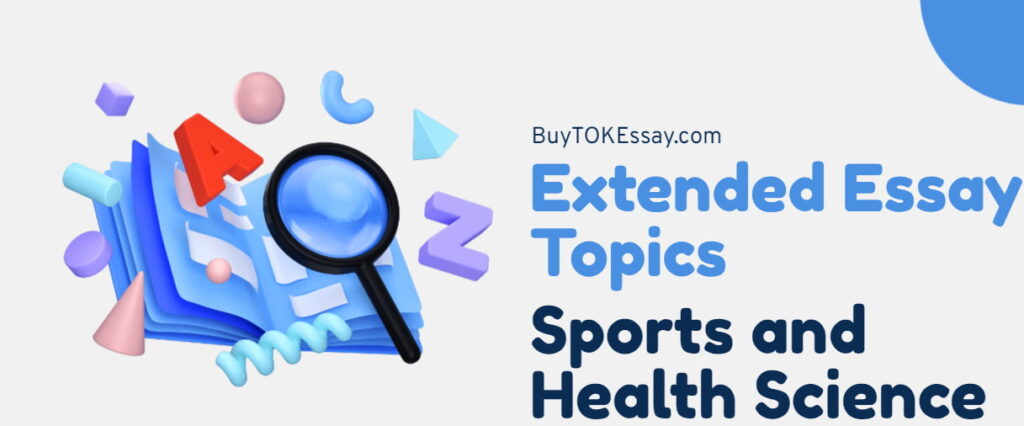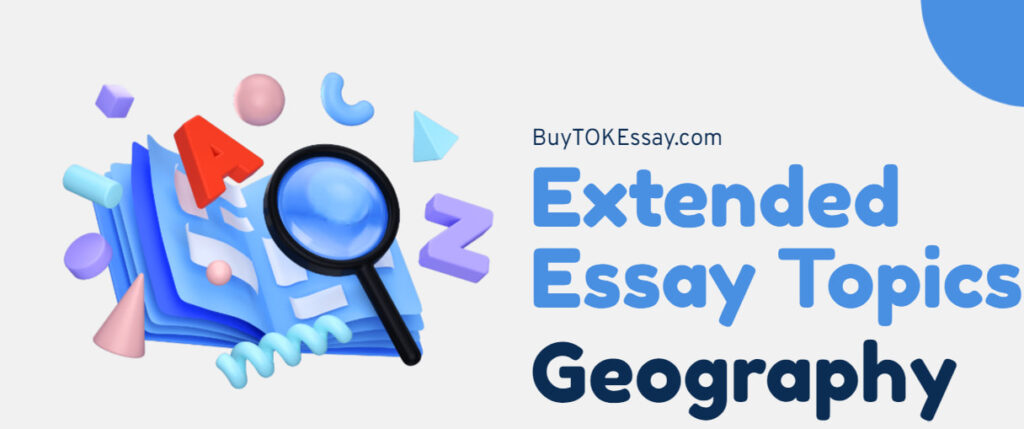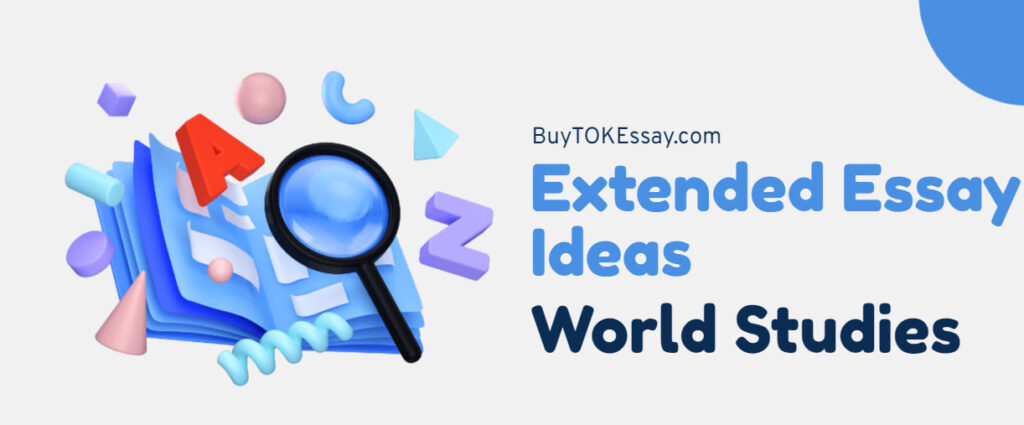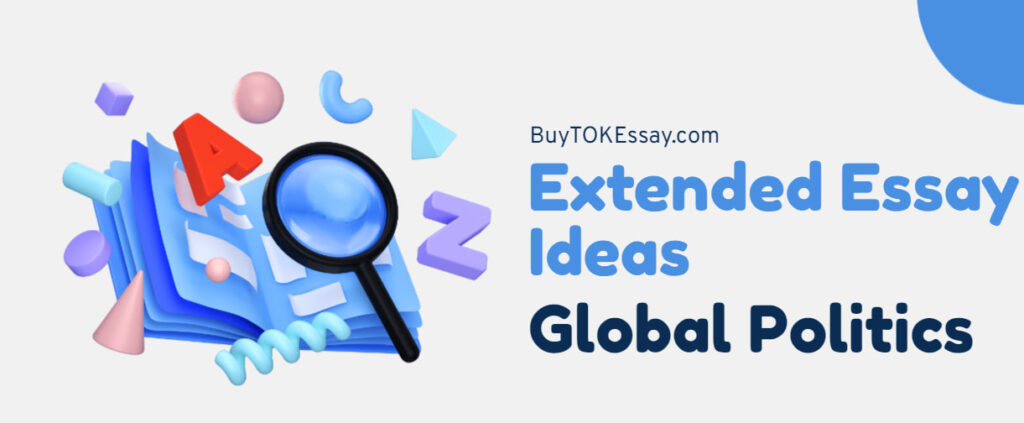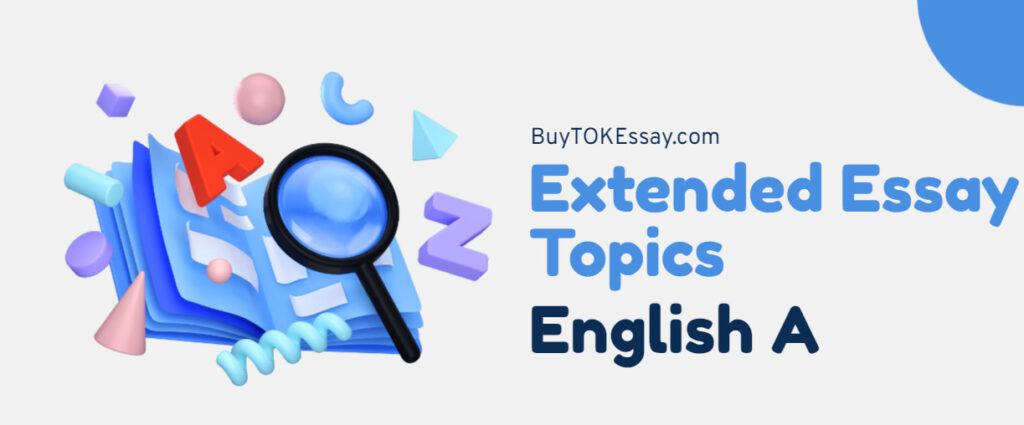If you’re an IB student, you may be thinking about how to write an extended essay proposal. From what I’ve seen, this short paper can either make the research process go smoothly or get you stuck in review hell. A well-written proposal is something that students often don’t realize how important it is, but trust me—it makes everything easier in the end.
I’ll show you the exact steps you need to take to write an extended essay proposal that gets you started on the right foot. I’m going to tell you what has worked for my students and how you can use those same strategies.
What Is an Extended Essay Proposal?
You will need to write an EE proposal before you can start working on your IB extended essay. As an IB tutor, I can say with certainty that this is your chance to present your idea in a way that shows it is academically sound, personally interesting, and attainable.
IB rules say that every student has to turn in a proposal before they can start writing the 4,000-word essay. Your supervisor or IB coordinator will usually look over this short paper to see if your topic fits with your chosen subject and if your research question is clear enough. In many schools, you can’t start writing the extended essay until you get approval.
A proposal’s strength lies in how well it expresses your ideas, not how lengthy it is. You must demonstrate that you have considered your topic, located pertinent materials, and have already developed a strong research framework.
As an example, the following is usually found in a good IB EE proposal:
- A clear heading and subject area for the topic.
- A well-formed version of the research question.
- A short explanation of why you picked this topic.
- A summary of how you plan to do your research.
- A short list of possible sources or things to start with.
I think that students who really do this step will often save a lot of time in the future. Your supervisor will be reassured that you can handle the research and writing process if you write a good proposal that maps out the steps for your essay.
Before you start writing an extended essay proposal that gets accepted, you should know what it’s for: it’s your base, not just a requirement.
What Is the Word Count for the IB EE Proposal?
International Baccalaureate doesn’t set a word limit for the IB EE proposal, but most schools and supervisors expect it to be short and useful, generally between 300 and 500 words.
From what I’ve seen, this range is enough to clearly state your research question, explain why you chose this theme, and describe the method you plan to use without giving your supervisor too much information. You don’t have to write a mini-essay; you just have to show that your topic is limited, doable, and in line with what the IB wants.
Although there isn’t a set word count, organization and clarity are more important than length. Don’t use filler or ambiguous language, and keep each section focused. It’s advantageous if you can convey your point clearly in fewer words. For instance, three to four sentences are often sufficient for a brief rationale.
To summarize, unless your school specifies a different limit, try to write between 300 and 500 words. Additionally, keep in mind that when it comes to your IB EE proposal, quality always triumphs over quantity.

What to Do Before You Start Writing the EE Proposal?
Many start writing their proposal as soon as they decide on a topic, but it’s better to plan first. I’ve seen that students who take a moment to think and plan write better ideas and, more importantly, better essays. These early steps not only save time but also keep things clear, make sure goals are met, and even keep topics from being turned down.
Read the IB EE Guide for Your Subject
There are specific expectations and guidelines for each subject area in the IB Diploma Program. Each subject has its favored methods and permissible forms of questions, whether you’re studying History, Biology, Psychology, English Literature, or the Visual Arts. For example, a literary essay should focus on text analysis and interpretation, whereas a scientific essay would require a hypothesis and an experimental methodology.
One of the quickest ways to have your IB EE proposal denied, in my experience, is to omit this phase. Some students choose intriguing topics, but they are unaware that their ideas conflict with the way that the subject area is evaluated. That’s why you must read the subject-specific EE guide first.
Brainstorm and Pre-Research Your Topic
Although it may seem like a no-brainer, many students don’t realize how important this step is. Selecting an interest-driven topic is a fantastic place to start, but it’s not enough. Additionally, you must ensure that it is specific, researchable, and backed up by credible sources.
Before you write your proposal, I suggest you complete the following:
- Write down topics that interest you. When you’re writing 4,000 words, passion is very important.
- Look for already-published scholarly materials. Verify the availability of books, journal articles, or original materials.
- Determine if the question is too general or too specific. It is difficult to answer a question that is too general, and it may be shallow if it is too detailed.
Also, ask yourself: Can this topic support critical discourse? Is there space for analysis and discussion? Your writing process will go more smoothly if you thoroughly test your topic in advance. I’ve seen that students who invest even an hour in preliminary research often steer clear of significant modifications later on.
Overall, it is not a good idea to neglect this stage of preparation. It establishes the tone for the whole IB EE process and lays the groundwork for a strong extended essay proposal.
How to Write an IB EE Proposal Step-by-Step
Let’s talk about how to write an extended essay proposal that meets all the requirements now that you know what they are. The transition from “I have an idea” to “Here’s my plan” occurs at this point. From a well-structured proposal, your supervisor will see that you’re not only interested in the topic but also ready to handle it academically.
In fact, I’ve seen students go from being unsure to being confident themselves by using this five-step method to organize their thoughts.
Step 1 – Title and Topic
What you’ll be talking about should be clear from the title. Make sure it’s clear, brief, and logical. Your EE supervisor won’t know much from a title like “World War II.” A more formal title, like “The Role of Propaganda in Nazi Germany’s Youth Indoctrination Programs,” on the other hand, makes it clear what the paper is about.
Think about it:
- Does the topic of my title stand out?
- Could someone read my essay and tell me what it’s about?
From what I’ve seen, students make a much better first impression when they choose names that include the period, area, or theme of their work. Use words and sentences that are specific to your subject instead of general ones.
Step 2 – Draft Your Research Question
Your essay is aimless without a compelling research question. A superb question is methodologically sound, answerable, and targeted. It should be more than simply a description; it should allow for analysis.
Keep in mind that the subject you’ve chosen should be related to this question. Historical research shouldn’t be the main part of an English Literature essay, and the other way around, too.

Need Help with Your IB Extended Essay?
Whether starting from scratch or fine-tuning your existing assignment to meet your supervisor’s demands, the BuyTOKEssay.com team is here to make your dream of a perfect paper a reality. Just buy an extended essay from our IB experts and say goodbye to writer’s block!
Step 3 – Explain the Rationale
Why did you select this topic? What does it mean to you, and how does it help you in school? This part gives your proposal a “why,” and I think it’s where your personal style can shine.
You can talk about these points of view:
- Connection to the topic on a personal or cultural level.
- Relevance to your plans to go to college in the future.
- A specific book, piece, or event that gave rise to the idea.
- Something you didn’t understand about your subject studies.
Supervisors usually like it when students are genuinely interested. It shows that the student is motivated, and students who are motivated usually write better papers.
Step 4 – Proposed Methodology and Sources
You must now describe how you want to respond to your research question. Will you use a qualitative or quantitative approach? Will you be researching historical records, gathering information, comparing theories, or assessing literature?
In my experience, the most successful proposals include:
- Which kinds of sources—books, journals, case studies, and interviews—will you use?
- The approach you’ll use (textual analysis, survey, experiment, comparison).
- Platforms or tools you’ll require, such as databases, lab supplies, and archives.
For example: “I will compare official Soviet propaganda speeches stored in the National Library of Ukraine with three political cartoons published in Pravda between 1917 and 1920.”
Your supervisor will see from this that you are prepared and that the essay is more than just a hazy concept.
Step 5 – Initial Structure or Timeline
An overview or timeline shows excellent organizing abilities, albeit not all schools need it. You benefit from this more than anybody else, let’s face it.
Try coming up with a quick idea like this:
- Complete the research question, then start reading.
- Compile your sources and make notes.
- Draft the first part.
- Consult your supervisor for input.
- Edit and finish the whole draft.
Even a chapter outline with bullet points (introduction, methodology, body section, conclusion, etc.) might improve the quality of your proposal. Whenever students provide a timeframe, supervisors, in my experience, are instantly more assured of the student’s capacity to write on time.
And if you get too stressed out during the process, BuyTOKEssay.com will give you an edge. We can help you with TOK essays, extended essays, and any other IB tasks. Our team is ready to guide you every step of the way and is well-versed in the IB.
